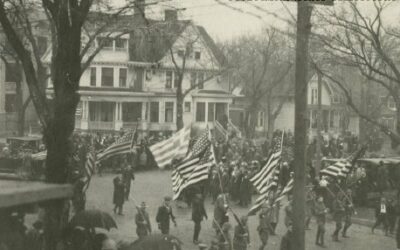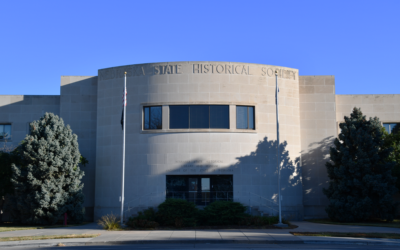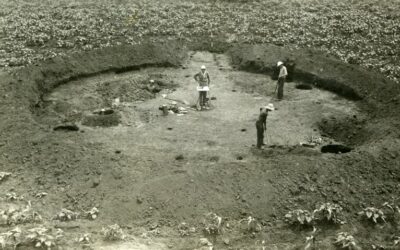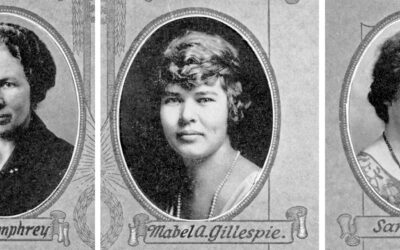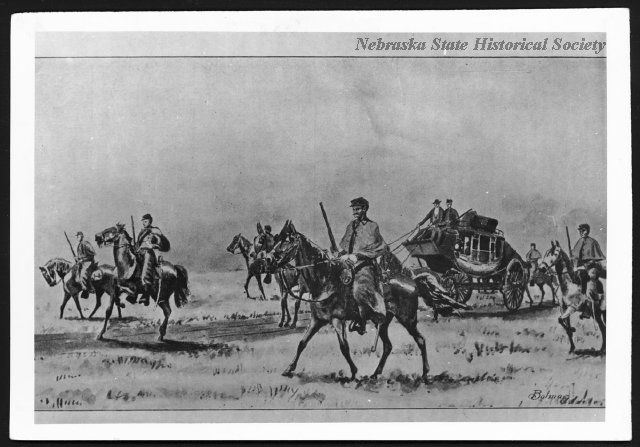
Lawlessness along the Overland Trail to Oregon and California, according to Merrill Mattes, author of The Great Platte River Road, was relatively low. There were no civil laws, no marshals and sheriffs to protect those in the unorganized territory as they made their way westward, and the protection offered by the military was limited. Nevertheless, the hardships to which emigrants were subjected gave them a common goal that tended to promote peaceful cooperation.
There are only a few documented thefts. “Buckskin Mose” reported the discovery of horse thieves, who were expelled from his wagon train. Another emigrant reported “a tribe of white Indians upon these plains at this time that are more dangerous than Pawnees. They carry on horse and mule stealing pretty extensively and even oxen do not escape their attention.”
Robbery was sometimes accompanied by murder. Francis Sawyer’s party of 1852 found a man’s still-warm body in a ravine. He had been murdered for his money, and the killer had disappeared. However, Mattes reported that the most common motive for murders along the trail was not robbery but personal grievances. Emigrant John Steele reported a classic case:
Two men who prepared their outfit in company at Independence, had frequent quarrels in regard to their traveling and camping arrangements. Going into camp near Chimney Rock, the quarrel was renewed. . . . in the heat of passion, they drew out their hunting knives and closed in mortal combat. In a few minutes one fell and almost instantly died; the other, fainting from loss of blood, was carried in the shade of a tent where, within an hour, he too expired; and with the grim irony of fate, at sunset they were laid side by side in the same grave.
Punishments for murderers or survivors of such lethal fights varied greatly. Sometimes the perpetrators were expelled from the wagon train. A few instances of drumhead trials and executions appear in emigrant journals. If “justice” was not done by fellow travelers, the only alternative was to turn the culprit over to the military, although the U.S. Army on the frontier had no defined civil jurisdiction.


